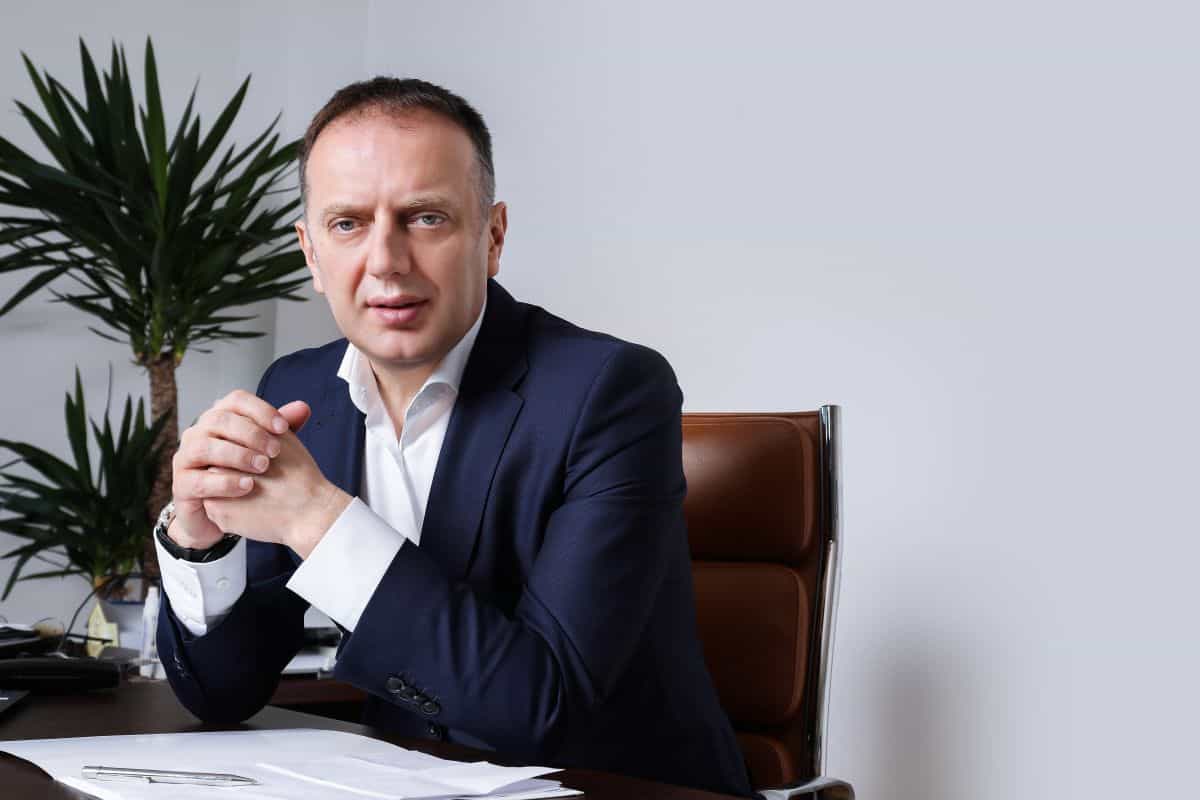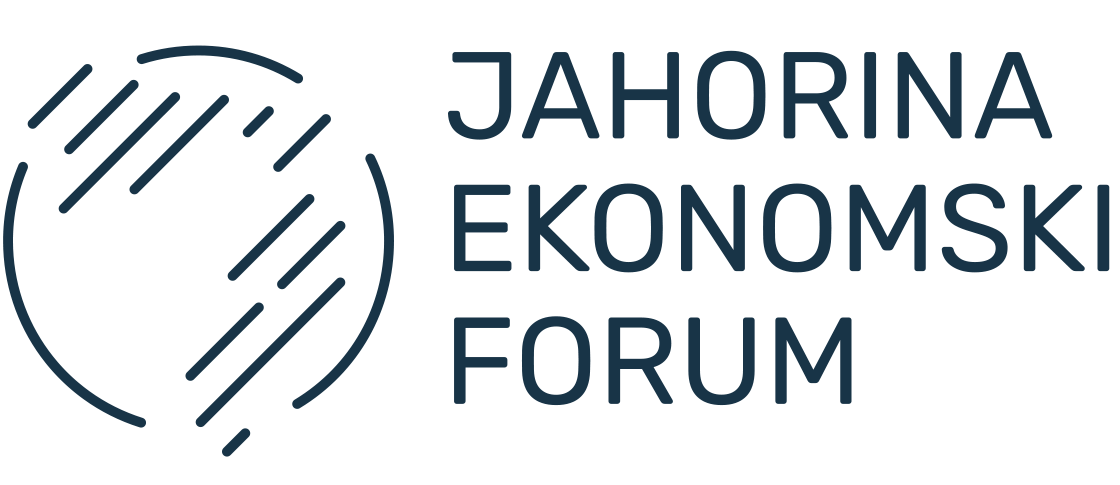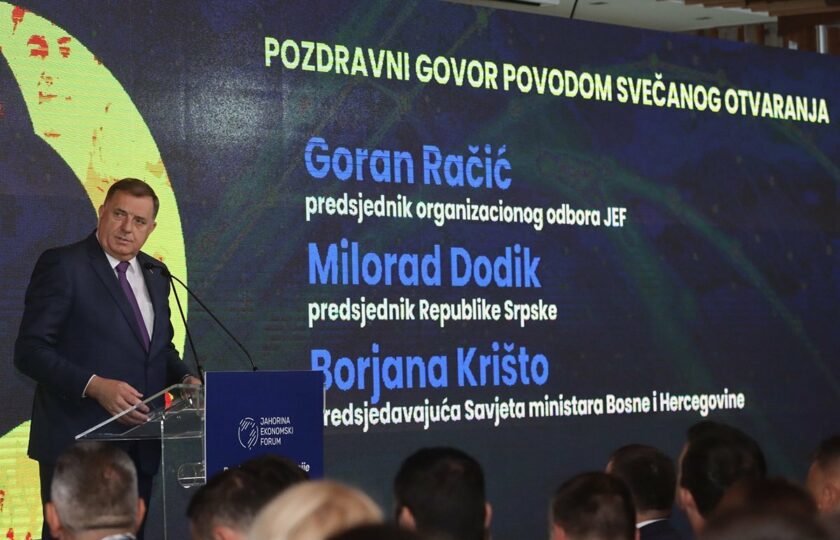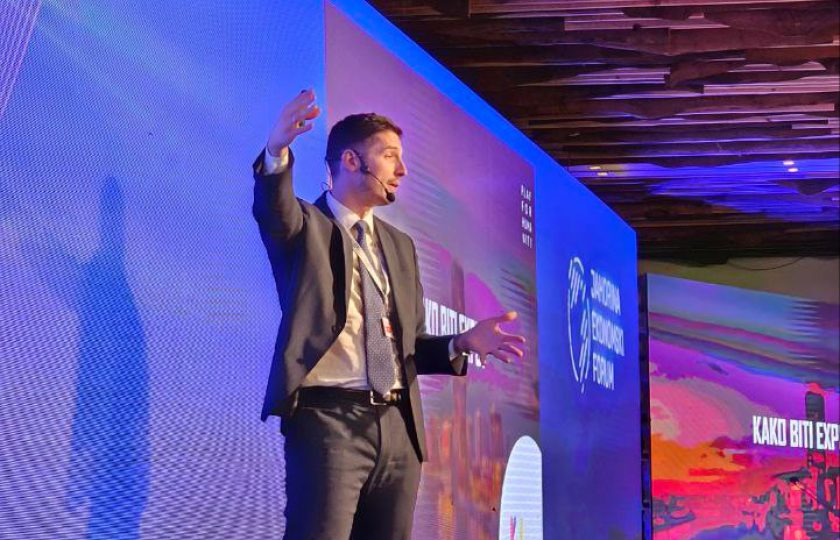
Goran Račić to “Nezavisne”: The Region Aims to Strengthen the Economy at Jahorina
“We have anticipated 15 to 16 very high-quality panels where we will cover all the topics crucial for the economic life of the region, which will somehow address and be incorporated into the central theme of this year’s forum, ‘Western Balkans – Long-term Development Directions,'” said Goran Račić, president of the “Economic Forum” and organizer of the “Jahorina Economic Forum,” in an interview with “Nezavisne novine.” The event will take place at the Olympic beauty from May 14 to 16.
“We will also tackle topics important for the entire region, such as tourism, destination management, and tourism management, with participants being the most significant tourism workers from Slovenia to North Macedonia. We will also discuss health tourism, which has become quite recognizable in the region. Additionally, we’ll delve into the issue of artificial intelligence, with high-quality participants such as the Vice President of ‘Deutsche Telekom’ and the ‘Huawei’ group, as well as other panels covering finance, insurance, agriculture, and more,” Račić said.
NN: The seventh “Jahorina Economic Forum” begins on May 14 and lasts until May 16. Can you tell us what to expect this year? How many panels and panelists will there be? What will be the focus of the forum this year?
RAČIĆ: This year, we’re embarking on new challenges related to organizing the forum itself. We have changed the concept; we have a three-day event, and in addition to the central opening, panels, and lectures, which will be held by Professor Dragan Primorac from Zagreb, we will also have a presentation of ‘EXPO 2027’ by the leadership of this event, the Chamber of Commerce of Serbia, and the Minister of Trade and Tourism in the Government of Serbia. On the first day, we will have a Festival of regional wine and present between 35 to 40 regional wineries, mostly well-known in the area of Bosnia and Herzegovina. We expect over 600 participants, as in previous years. We have anticipated 15 to 16 very high-quality panels, where we will cover all the topics crucial for the economic life of the region, which will somehow address and be incorporated into the central theme of this year’s forum, ‘Western Balkans – Long-term Development Directions.’
“We will also tackle topics important for the entire region, such as tourism, destination management, and tourism management, with participants being the most significant tourism workers from Slovenia to North Macedonia. We will also discuss health tourism, which has become quite recognizable in the region. Additionally, we’ll delve into the issue of artificial intelligence, with high-quality participants, such as the Vice President of ‘Deutsche Telekom’ and the ‘Huawei’ group, as well as other panels covering finance, insurance, agriculture, and more.
NN: Can we say that this forum is in some way a link between institutions, the economy, and promotion of the potential of Republika Srpska?
RAČIĆ: You are correct. We have shown that we from Republika Srpska can create a forum that is already regionally recognizable and that this forum may be talked about even more in Serbia, Montenegro, and Croatia than in RS or Bosnia and Herzegovina itself. Today, it is a highly visible event, a prestigious business event that brings together a large number of leaders from the region, competent experts in the fields we address at the forum. On the other hand, we are keen to discuss all the topics crucial for the region. This year, we will focus on the long-term development directions of the Western Balkans. We are keen to bring all the topics crucial for long-term development and utilization of all the potentials we have closer to the authorities throughout the region and reach the most competent conclusions and recommendations, not only towards government representatives but also towards managers themselves, on how certain processes can be elevated to a higher level or how to develop certain sectors.
NN: How important is it to organize such forums, or is it necessary to talk more about the economy and cooperation among the plethora of current topics?
RAČIĆ: It is very important to talk about economic topics in the region. Unfortunately, economic issues are somehow overshadowed by certain political processes and tensions present throughout the Western Balkans. However, we do not give up and try to change those things so that the economy is more present in the minds of all the key people determining certain processes. Unfortunately, after 30 years since the end of the war, we are still hostages to certain misunderstandings and lack of trust. We have not integrated economically, and there are still barriers between us, making communication between regions difficult. Trucks stand at our borders for two to three days, and on the other hand, we do not recognize each other’s certificates. Unfortunately, this is something that should have changed long ago. Furthermore, we do not recognize each other’s diplomas; we have not created a unified labor market, and all of this is the prerequisite for further economic progress in the region. We need to eliminate these barriers, integrate practically, not just declaratively. We need a unified economic space, a unified labor market. We need a space without borders, or if those borders exist, they should be more flexible or permeable, thus allowing the region to develop more and minimize all those unnecessary costs we create in mutual exchange.
NN: We know that some proposals from previous forums have been included or will be implemented and introduced legally. Could you tell us which proposals those are?
RAČIĆ: Many conclusions created at the previous six forums are now part of certain policies, not only at the entity level but also at the state level. One of the conclusions was the introduction of dual education into the school system of Bosnia and Herzegovina. Today, we already have a dual system in some schools as a pilot project. On the other hand, the Law on Secondary Education of RS foresees dual education. Furthermore, we proposed certain changes in the incentive system within the Ministry of Labor of Republika Srpska, and now we have those systems included in the incentive level regarding new employment, increasing employment; these are some of the things we created earlier. There are new conclusions, for example, from last year, that buyers of the first real estate in Bosnia and Herzegovina should be exempt from paying VAT, and this has received general public support. Most politicians have positively responded to that issue, and the Ministry of Finance of Bosnia and Herzegovina has entered into the preparation of the legislative procedure to create that law to go to the Council of Ministers, then to the Parliamentary Assembly and the House of Representatives of Bosnia and Herzegovina.
NN: How do you assess the past year in Republika Srpska? We know there were significant problems, especially in industrial production. Can we expect this year to be better?
RAČIĆ: Unfortunately, last year presented significant challenges as expected. With a heavy reliance on the Western European market, global tensions and conflicts contributed to a decline in demand. While the outlook remains uncertain, we continue to seek solutions, exploring new partnerships and strategies for sustainable growth.
(Nemanja Vukojević, Nezavisne novine)



